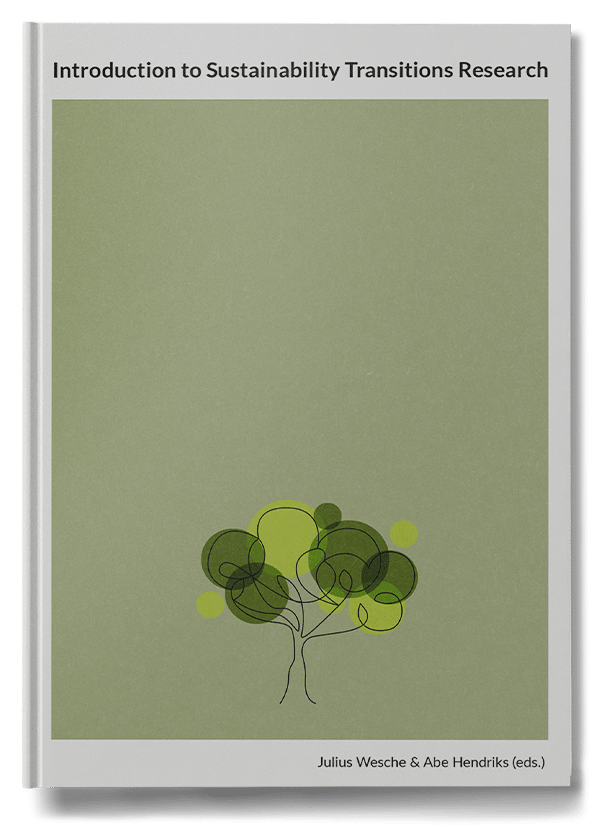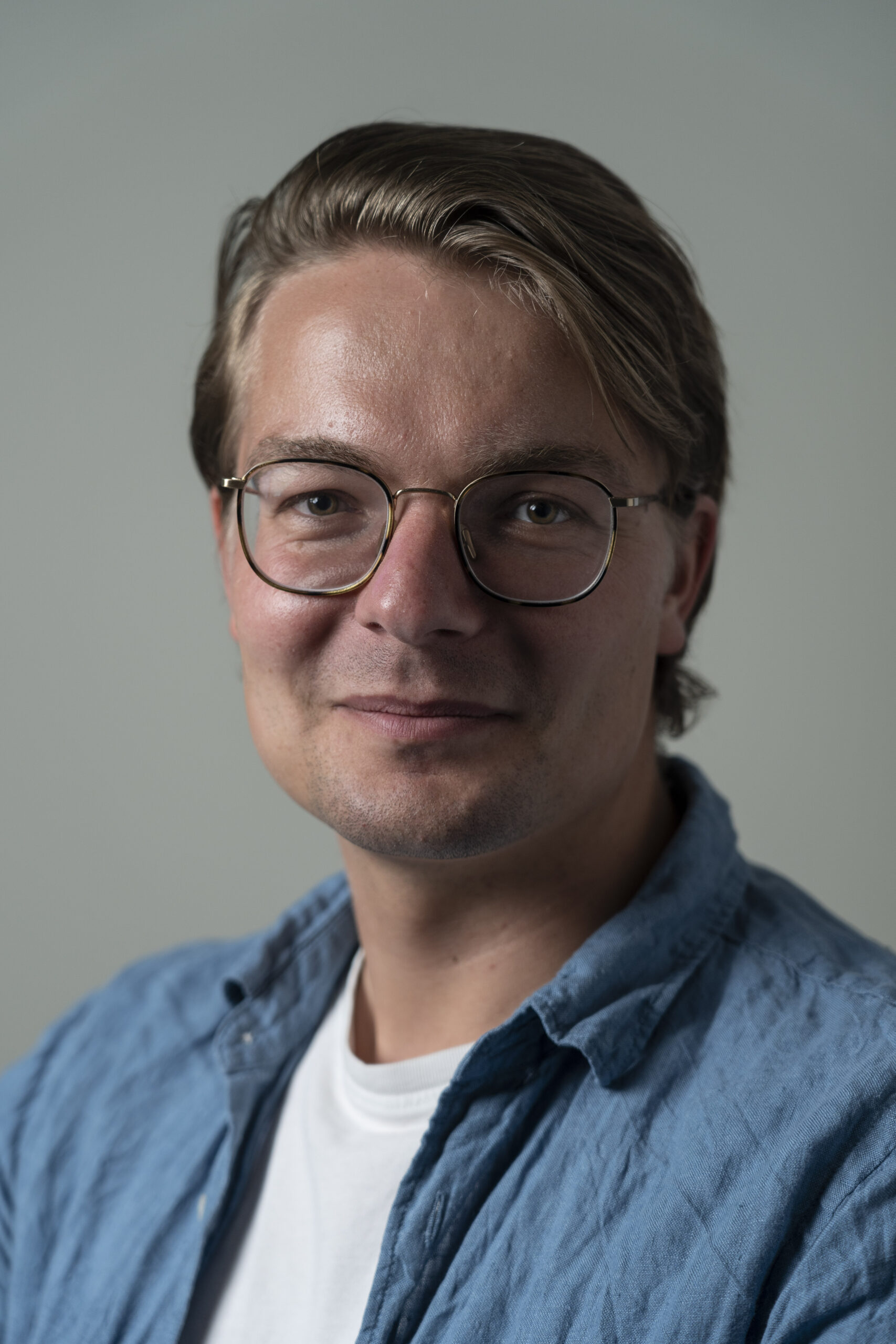Introduction to Sustainability Transitions Research

Book Overview
get a quick overview of the book
PART 1: UNDERSTANDING SUSTAINABILITY TRANSITIONS
Part 1 covers foundational theories and frameworks for guiding sustainability transitions, including the Multi-level Perspective, governance, innovation systems, niche management, disruption, and long-term shifts.
PART 1: UNDERSTANDING SUSTAINABILITY TRANSITIONS
Part 1 lays the groundwork for comprehending the multifaceted nature of sustainability transitions. It offers a thorough exploration of foundational theories and frameworks essential for analyzing and guiding the shift towards sustainable systems. This section covers the Multi-level Perspective, governance mechanisms, innovation systems, strategic niche management, disruption, and long-term shifts in socio-technical systems.
PART 2: DIMENSIONS OF SUSTAINABILITY TRANSITIONS
Part 2 explores the diverse dimensions of sustainability transitions, analyzing dynamics, power structures, actors, and geographical contexts. It examines transition pace, power and politics, actor roles, and geographical implications, including urban transitions and challenges in the Global South.
PART 2: DIMENSIONS OF SUSTAINABILITY TRANSITIONS
Part 2 delves into the diverse dimensions that influence and shape sustainability transitions. It provides an in-depth analysis of the dynamics, power structures, actors, and geographical contexts that drive transformative change. This section examines the pace and interaction of transitions, power and politics, roles of various actors, and the geographical implications, including urban transitions and challenges in the Global South.
PART 3: STUDYING SUSTAINABILITY TRANSITIONS
Part 3 covers methodologies for studying sustainability transitions, examining research perspectives and offering theoretical and practical insights. It discusses philosophical foundations, researcher involvement, retrospective and contemporary analyses, and the importance of reflexivity.
PART 3: STUDYING SUSTAINABILITY TRANSITIONS
Part 3 focuses on the methodologies and approaches for studying sustainability transitions. It critically examines different research perspectives, offering insights into both theoretical and practical aspects. This section discusses philosophical underpinnings, levels of researcher involvement, retrospective and contemporary analyses, and the importance of reflexivity in conducting nuanced and ethical sustainability research.
PART 4: FUTURE DIRECTIONS AND CHALLENGES
Part 4 explores the future of sustainability transitions research, addressing emerging directions, opportunities, and challenges. It offers insights on developments, innovative approaches, and the evolving roles of technology, policy, and societal engagement, highlighting key areas for ongoing collaboration and research.
PART 4: FUTURE DIRECTIONS AND CHALLENGES
Part 4 looks ahead to the future of sustainability transitions research, addressing emerging directions, opportunities, and challenges. It offers a forward-thinking perspective on anticipated developments, innovative approaches, and the evolving roles of technology, policy, and societal engagement. The final chapters synthesize key insights, reflect on progress, and highlight critical areas for continued interdisciplinary collaboration and research.
About Authors
introducing the authors of this book

Julius Wesche
Julius Wesche is a researcher at the Centre for Climate, Energy, and Environment (CLEEN) at the Norwegian University of Science and Technology (NTNU), focusing on structuring policy systems to facilitate the deployment of low-carbon technologies such as solar cells, offshore wind, CCS, and Direct Air Capture. His work bridges the gap between scientific insights and decision-making processes to support the energy transition and achieve net-zero goals.
Julius earned a PhD from Utrecht University. He chaired the NEST Early Career conference in 2019, co-founded the NEST webinar series, and was a member of the STRN Steering Group. In addition, he hosts the enPower Energiewende Podcast and the NTNU Energy Transition Podcast.
Julius is a science communication consultant and trains researchers on how to use social media to build reach and create impact around their science. Pertaining to that, he is currently authoring “Science Communication with Social Media” with Cambridge University Press.

Abe Hendriks
Abe Hendriks is a junior assistant professor at the Copernicus Institute of Sustainable Development, Utrecht University. He explores the politics of sustainability transitions, focusing on why certain directions are pursued, who benefits, and what future visions are deemed desirable.
His research spans future studies, sustainability transitions, and organizational studies, analyzing how power dynamics shape imagined futures and examining the heterogeneity in societal visions of sustainability and governance. Alongside his research, Abe has contributed to the Network of Early career researcher for Sustainability Transitions (NEST) where he is involved in activities that encourage knowledge sharing between early career researchers.

